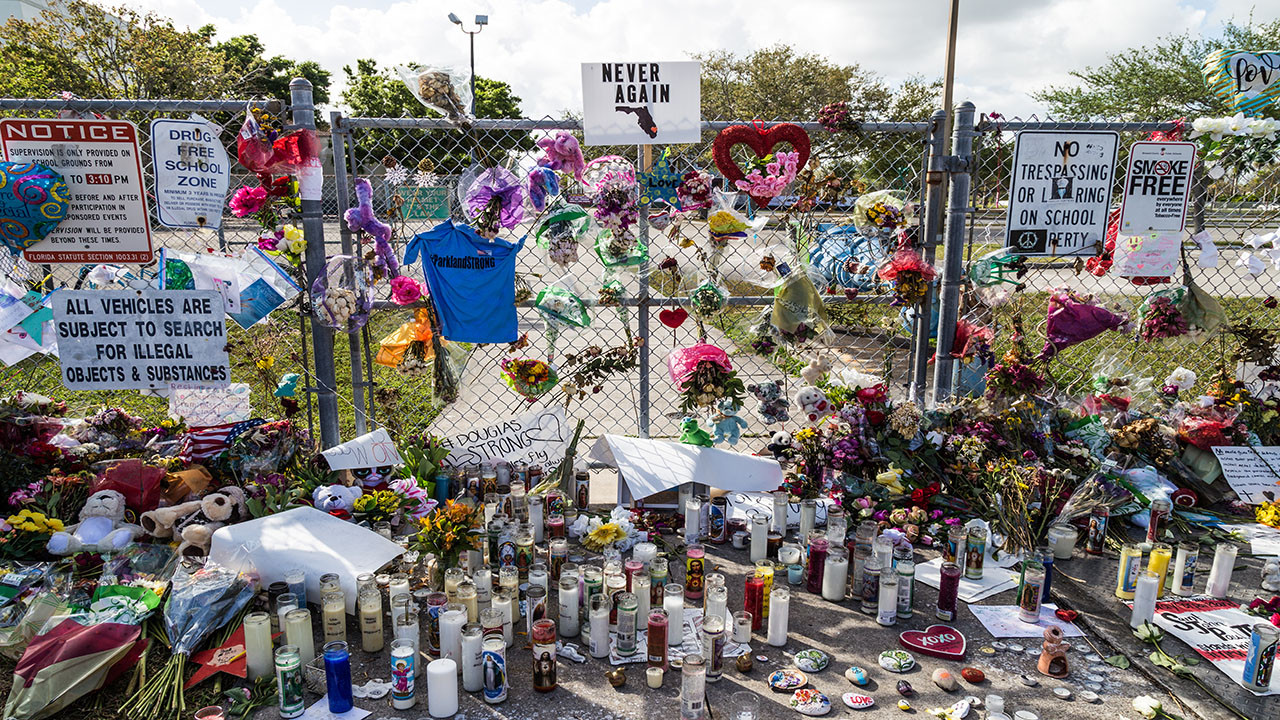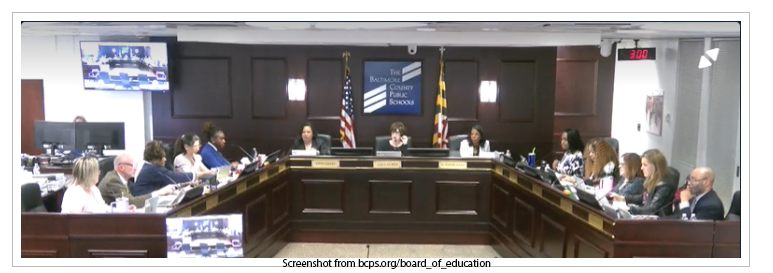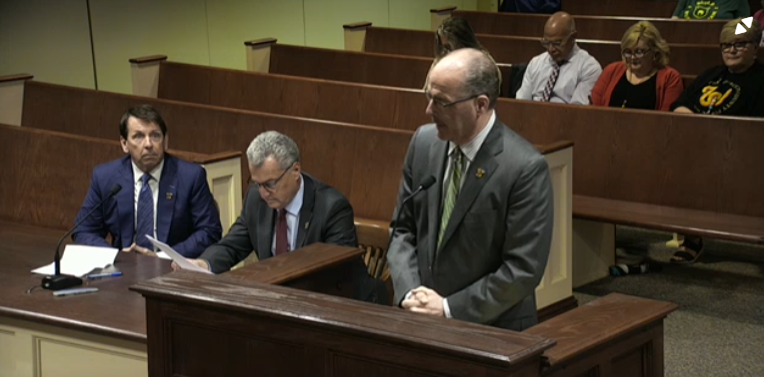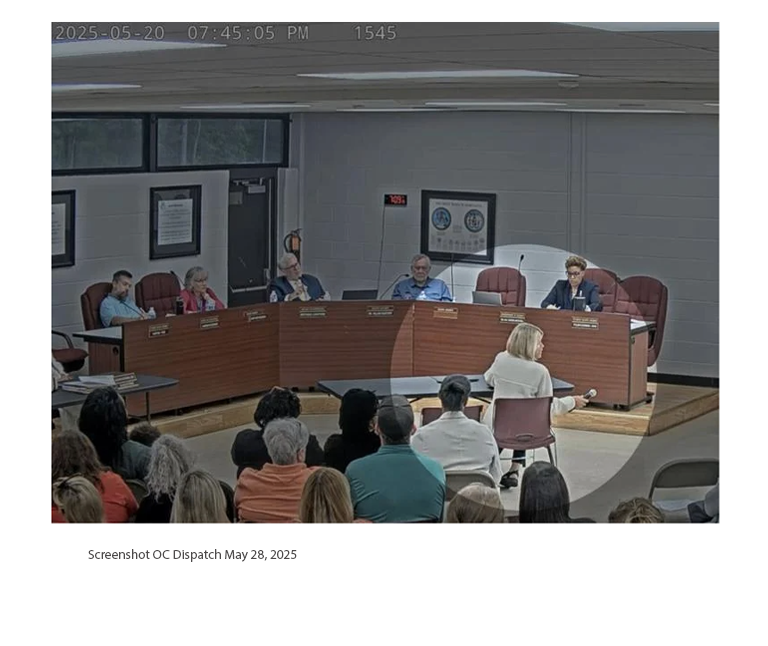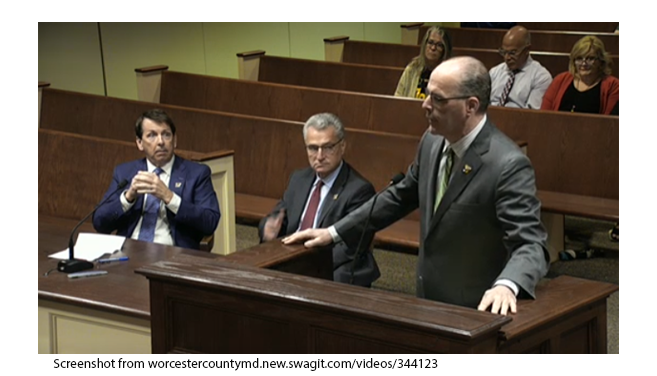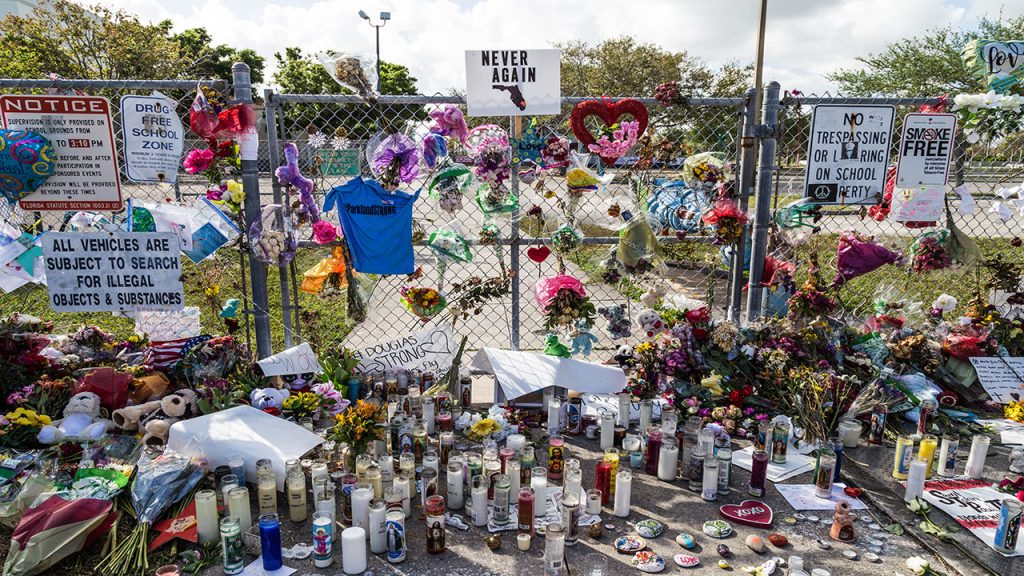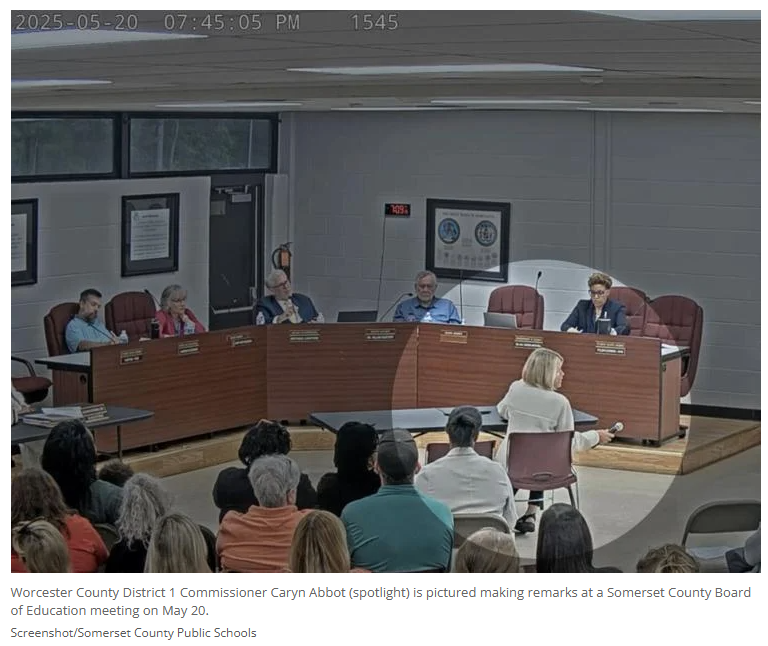
Teaching Students to Be Media Literate in Two Languages
Media literacy matters in every language and every academic subject, says a former award-winning television reporter who now teaches bilingual students in Chicago.
Alba Mendiola left journalism for education five years ago. She teaches at Cristo Rey Jesuit High School, where her bilingual students largely come from lower-income immigrant families.
After 16 years as a local Telemundo correspondent, Mendiola had a strong connection to her students’ communities. Now, she uses her old stories about immigration rallies and community events to teach her students how to process information in the news and on social media critically.
“I ask my students, ‘Do you want to be informed, or do you want to be influenced?’ ” Mendiola said.
In her broadcast journalism classes, Mendiola teaches students reporting techniques in the hope that understanding the process will help them be more thoughtful consumers of information. She was recently honored by the News Literacy Project, an organization that promotes media literacy, as the educator of the year.
Mendiola spoke with Education Week about the importance of media literacy for today’s students.
This interview has been edited for length and clarity.
Why do you think it’s important for students to understand media literacy?
If you teach elementary school, do you give a 4th grader a calculator to do math homework? You don’t, because you need them to learn how math works.
I think many people say or think, ‘Why teach media literacy?’ or ‘Why do you teach journalism to students?’ And I will say, ‘Why do you teach math to somebody who’s not not going to be a mathematician?’ or ‘Why do you teach science to somebody who’s not going to be a scientist?’
What’s important are the critical thinking skills they get from learning these subjects. Students just barely remember what landline telephones are. They don’t watch over-the-air television. They just get the information from their news feeds from their social media. Algorithms decide what they will read.
That’s why it’s important for them to understand the information they receive. They need to identify what is misinformation; they need to recognize that we are all humans and we will have biases. They need to understand how reporters make ethical decisions as they report the story.
Once they understand that, then they can compare and go back to their TikTok and say, ‘Oh, is this a commercial, or is this somebody giving me advice?’ Or, ‘Are these facts or not?’
You’re teaching them how to produce news stories, not merely consume news. Do you think that that helps them understand what makes a story accurate?
Absolutely. I think the learning is in the experience and doing things. I start my class by teaching them about news and bias how the stories are created. But then the last unit is, “you’re going to create a podcast and you’re going to write a news article.” And they also work on video projects.
I also bring hard copies of newspapers in and have them pick out what is a story, what is an advertisement, what is an opinion piece. You’d be surprised. Sometimes they don’t know.
You have a background in journalism. Does that change the way you approach the work? Does it give you more credibility with students?
It makes it more fun for them. I teach some of the lessons with my old stories [from a Spanish-language television station in Chicago], and they love to see them and say, “I remember when that happened!” I think that makes it more real for them.
Most of my students speak Spanish at home. I used to cover their communities, the Mexican and Latino communities in Chicago. So when I talk about certain topics they’re familiar with, they value that insight from me.
You’ve said that teaching dual-language students about news literacy can help their larger communities.
Exactly. Most of my students were born in the United States, but their families are from Mexico and their family members might struggle with English. When they go to the doctor, [the students] are the ones who interpret for them.
[Families] also want to know what is happening in their little communities back in Mexico, and the only way to get that information now is through social media. I always say that nowadays, anybody with a cellphone thinks they can be a reporter. You can broadcast live from wherever you are, and just say whatever you want.
The News Literacy Project has a lot of lessons—in English and Spanish—to teach the students critical thinking skills, how to navigate media, and how to verify information. In one lesson, they fact check articles about immigration, and they see how reporters can make assumptions when they don’t understand [the students’] communities.
Do you have any advice for other educators about why they should prioritize media literacy?
We think of media literacy as a separate class or something that should be included in journalism classes. But, from my point of view, media literacy can be woven into any class. You can have a math class, and the students can learn how the ratings are measured for television. In science, you can learn about how the weather is presented for local news.
My favorite is language classes. You can you can bring a lot of news stories in Spanish or French or German to help students learn about current events. You build vocabulary, but also understanding about how news is presented.
So there’s room in every class, I can assure you. In every level too: for little kids, for middle schoolers, for high school kids.
I’m very honored to receive this recognition. It’s important to share that media literacy is needed in every language. There’s a need for media literacy in every community in the United States.
Dig Deeper With Our Longreads
Newsletter Sign up to get our best longform features, investigations, and thought-provoking essays, in your inbox every Sunday.
The MEN was founded by John Huber in the fall of 2020. It was founded to provide a platform for expert opinion and commentary on current issues that directly or indirectly affect education. All opinions are valued and accepted providing they are expressed in a professional manner. The Maryland Education Network consists of Blogs, Videos, and other interaction among the K-12 community.

